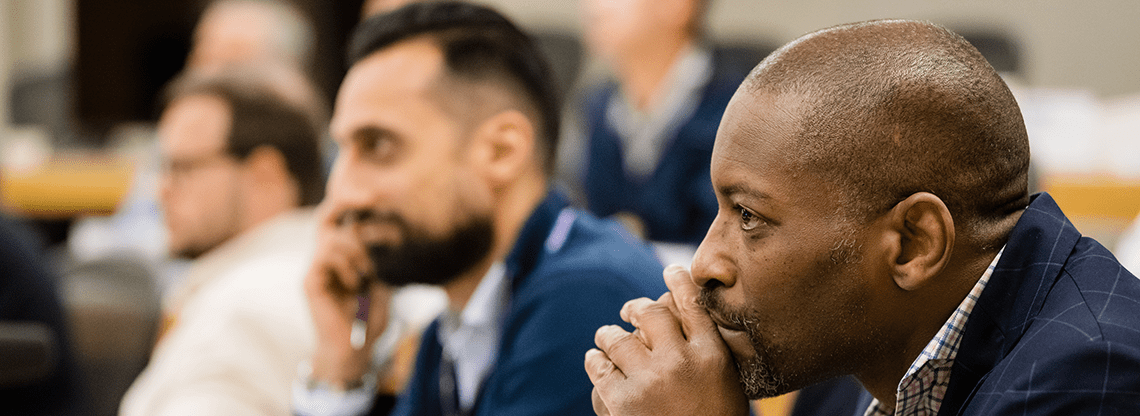
Live Virtual Programs
Learn from our esteemed faculty in a rich, interactive digital environment, and equip yourself for a new, dynamic business landscape.
Discover More
Explore group and custom solutions
Accelerate your growth: build an outcome-based partnership between Kellogg and your organization.
Learn more
Center for Nonprofit Management
In this era of dramatic social and economic change, nonprofit leaders are being challenged as never before — and the need for leadership development has never been greater.
Learn more
Gain the Kellogg edge
A distinctive cross-disciplinary approach puts the Kellogg advantage to work for you.
Learn moreExecutive Education
Enabling growth in organizations and individuals
Whether the goal is to create a standalone solution or fashion part of a complex talent development initiative, Kellogg Executive Education focuses on how individuals and organizations can transform themselves. We offer specific plans and pathways for professional growth and functional development for individuals and teams as well as broader strategies for enterprise-wide executive development efforts.
Kellogg Executive Education's immersive setting at a world-class university provides a transformative educational experience.
PROGRAM FINDER
Find the program that meets your needs and schedule
Specialized and Custom Programs
Kellogg School of Management
Kellogg Executive Education2211 Campus Drive, Evanston, IL 60208
Directions
847.467.6018















